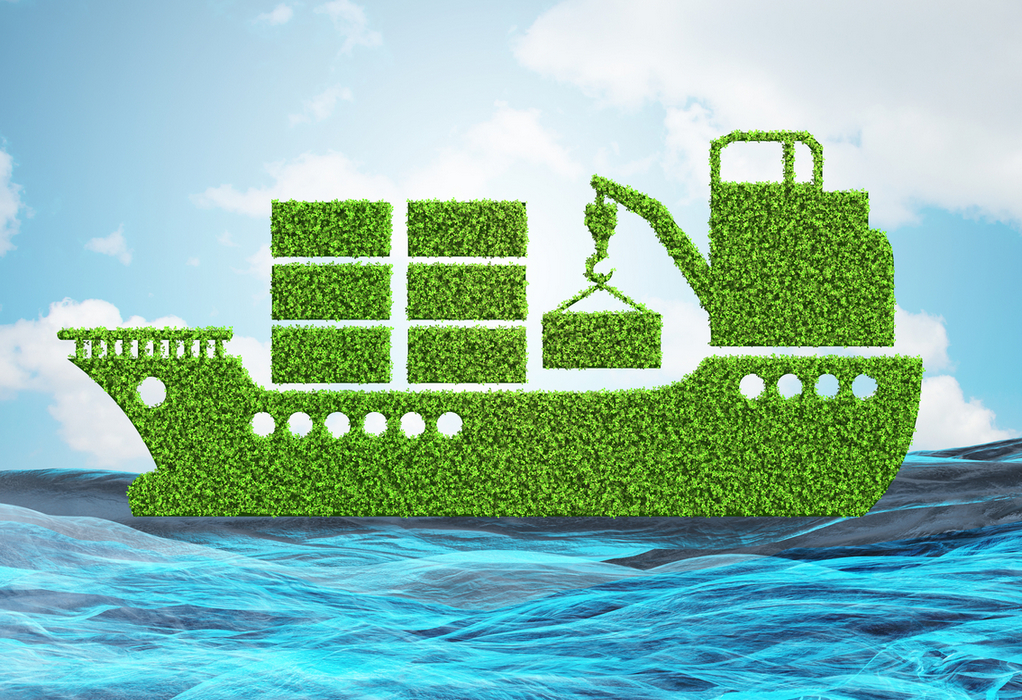Mediterranean Shipping Co (MSC) and freight forwarder DB Schenker have sealed a deal that aims to slash carbon emissions by using second-generation biofuels.
The arrangement covers 12,000 tonnes of biofuel component for all of DB Schenker’s consolidated cargo, LCL (less-than-container load), FCL (full-container-load) and reefer containers from MSC.
DB Schenker said the amount of biofuel, derived from used cooking oil, is enough to save an additional 35,000 tonnes of CO2 equivalents along the entire production chain, adding that the purchase agreement represents one of the largest carbon-insetting biofuel deals between a freight forwarder and a shipping company.
The equivalent of around 30,000 teu may be shipped with net-zero CO2 emissions, depending on how the fuel is used, DB Schenker noted. The biofuel component will be blended between 20% and 30%, resulting in approximately 50,000 tonnes of blended biofuel to be used in MSC’s containerships.
Tags: Biofuels, DB Schenker, FCL, LCL, MSC



Recent Posts
Scandlines Nears Delivery of Zero Emissions Ferry Following Successful Sea Trials
India faces emission roadblocks with rising net-zero demands
Green Energy Resources invests in two electric Liebherr LHM 550
NYK Launches Continuous Use of Bio LNG Fuel on Car Carriers to Advance Decarbonization Goals
Yang Ming Expands Fleet with Methanol and LNG Dual-Fuel Vessels Under Fleet Optimization Plan
ClassNK Advocates Speed Gap Monitoring to Optimize Fuel Efficiency in Heavy Weather
Wärtsilä’s retrofit package for the Corsica Linea ferry Pascal Paoli has resulted in fuel savings of up to 22 percent Corsica Linea
COSCO Shipping Names Second Methanol Dual-Fuel Containership in Yangzhou